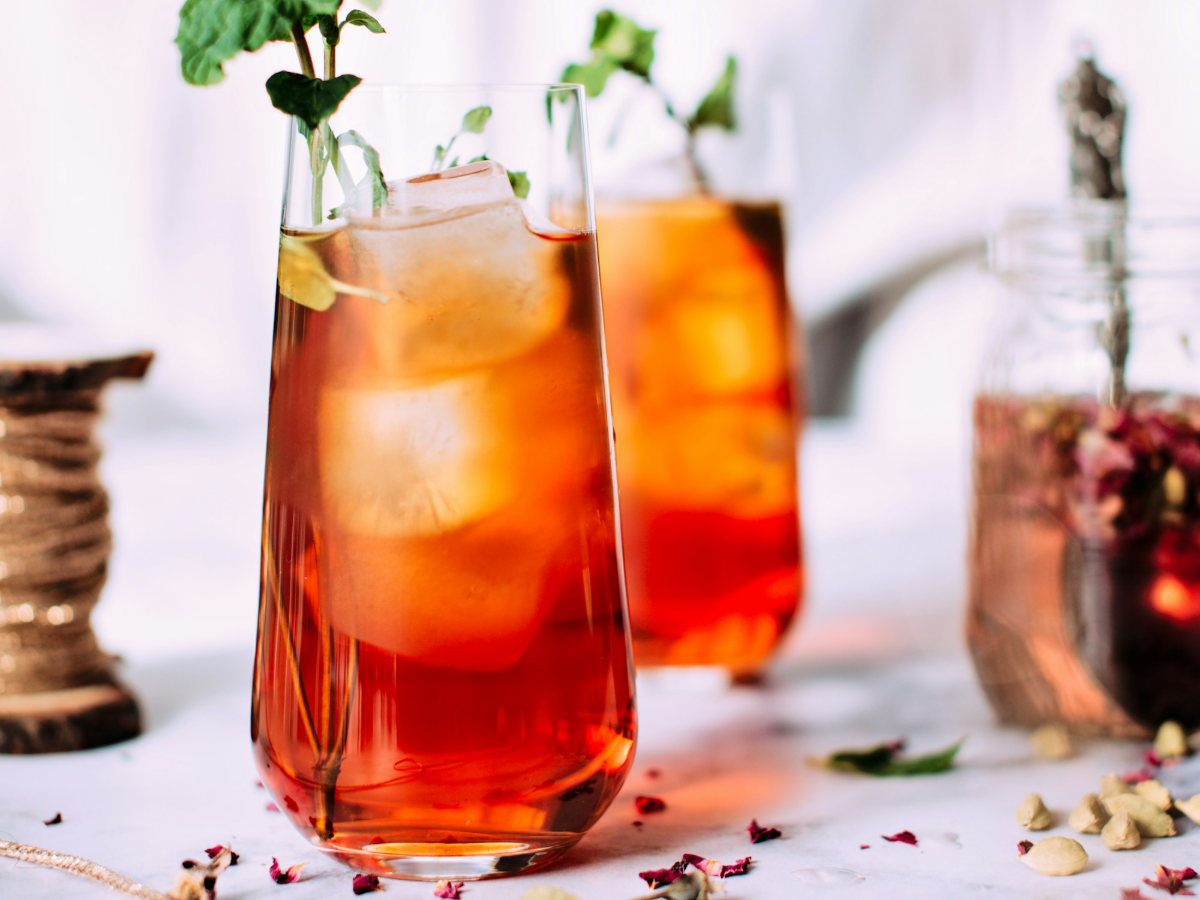We’ve all been there: an evening with friends, a little too much fun, and suddenly, you find yourself needing to sober up quickly. It’s a common scenario that, while often harmless, can sometimes lead to situations where quick sobriety is not just preferred but necessary. The Healthy @Reader’s Digest consulted with doctors and analyzed recent research to guide you from tipsy to clear-headed.
1. Hydration: The Power of Water
Water is your best friend when it comes to sobering up. As Dr. Zehra Siddiqui, DO, medical director, points out, “Alcohol dehydrates the body, which exacerbates the side effects of drinking.” Hydrating helps dilute the alcohol in your system and speeds up its elimination. Even better, try diluting your alcoholic beverages with carbonated water for a spritzer effect, which not only hydrates but also reduces your overall alcohol intake.
2. Carbonation: A Double-Edged Sword
While a fizzy drink might be refreshing, carbonation can be tricky. A study in 2007 showed that mixing alcohol with carbonated beverages can lead to faster absorption of alcohol in the body. So, if you’re trying to stay on the clearer side of tipsy, it might be best to avoid the bubbles.
3. Enzyme Tablets: The Future of Sobering Up?
Scientists are exploring innovative solutions to fast sobering. At UCLA, a team developed a capsule containing enzymes that mimic the liver’s alcohol-processing function. This treatment significantly decreased blood alcohol levels in mice, suggesting a potential future where a pill could offer a quick sobering effect.
4. Good Carbs: Your Alcohol Sponge
Bread and other high-carb foods can help soak up alcohol, but it’s not just about absorption. These foods can slow down the body’s absorption of alcohol, thus moderating intoxication levels. Dr. Siddiqui advises, “Eating a high-carb diet lowers the ratio of alcohol in your blood and slows absorption.” Meals rich in fats, proteins, or carbs delay gastric emptying, which in turn slows down alcohol absorption.
5. The Clock: Patience is a Virtue
The body takes about an hour to process one standard drink. This means the more you drink, the longer it takes for the alcohol to leave your system. Understanding this can help manage your drinking pace and prevent overconsumption.
Conclusion
Sobering up quickly is often more about mitigating the effects of alcohol rather than eliminating them entirely. The methods outlined here can help, but they are not a substitute for responsible drinking practices. Remember, the best way to avoid having to sober up fast is to drink responsibly in the first place.


Leave a Reply